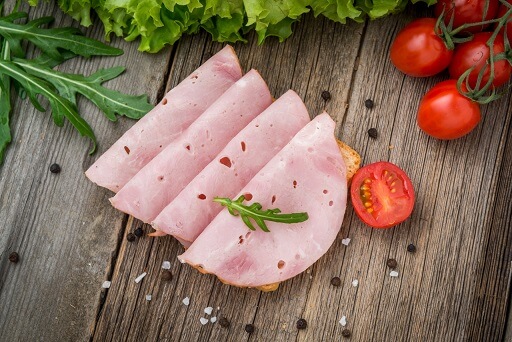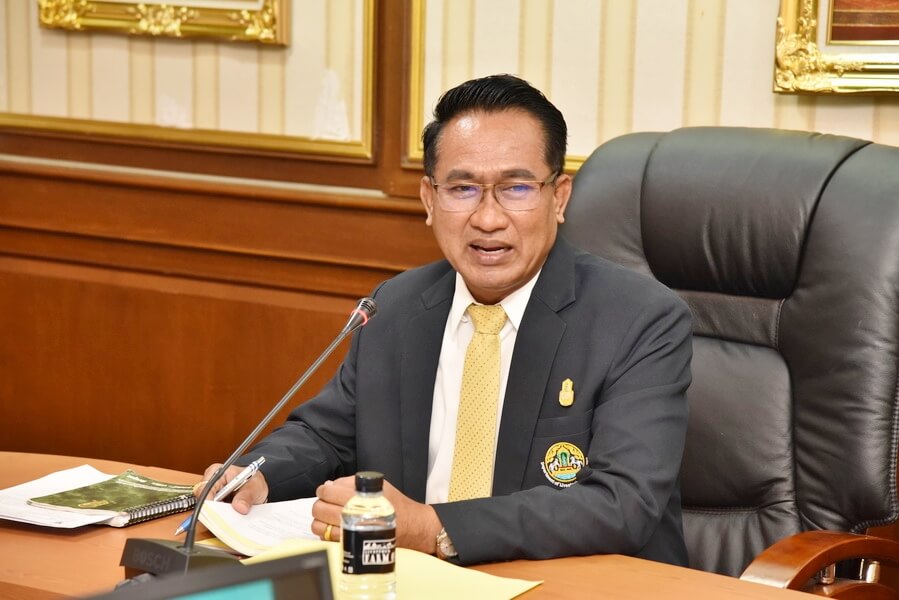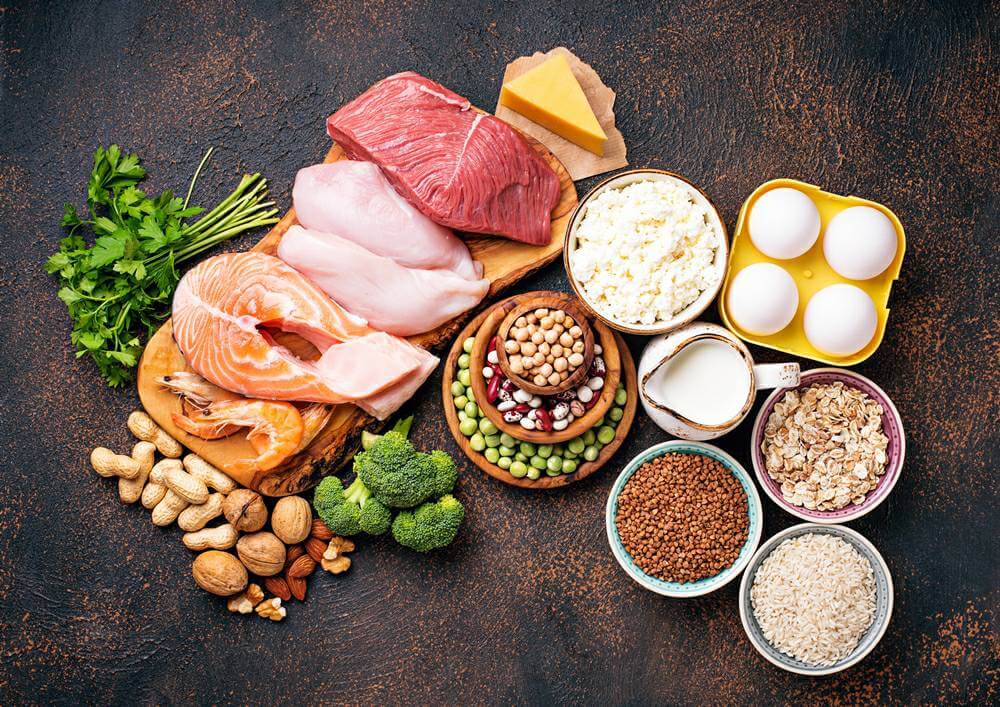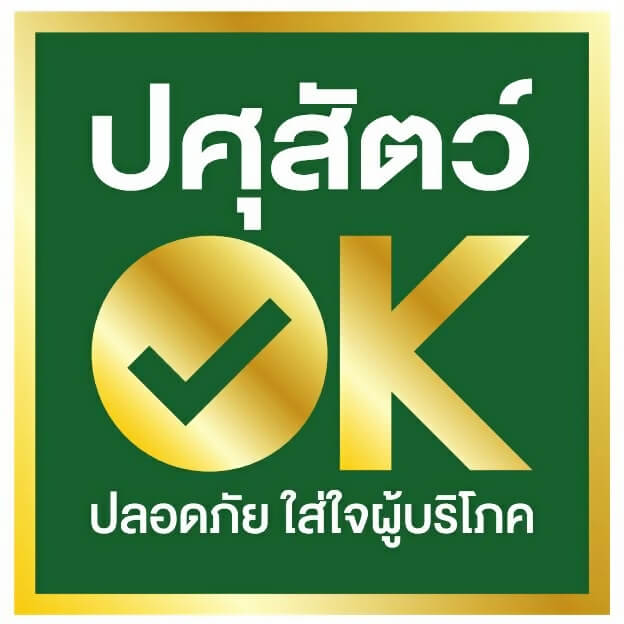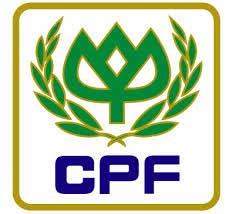

The Guardian Newspaper - Response to alleged slavery in CPF’s supply chain
Background briefing - Wednesday 11th June 2014
The Problem
. CP is currently one of the largest purchasers of fishmeal in Thailand
. The subject of fishmeal attracts controversy because it can be produced as a result of Illegal, Unregulated and
uncertified fishing (IUU) and IUU fishing leads to a number of serious social and environmental implications
including the issue of human rights abuses raised by the Guardian newspaper
. Yesterday’s articles are the latest in a series published by The Guardian designed to uncover the industry-wide
issue of human rights abuses in Thailand’s seafood supply chains of which CP has been implicated
. Having lobbied and failed to get any traction from the Thai government, they are turning to the big global
brands and industry to drive immediate improvement
Our stance and actions
Immediate
. CP are the only representatives of the entire industry who have been prepared to face the cameras and
answer questions
. Fundamentally CP believes that from factory to fishing boat each and every person who works for CP, with CP
as a supplier or through any part of CP’s supply chain must, as an absolute minimum be treated fairly and with
dignity at all times
. To this end we are currently in the process of auditing our entire operation so that we can
o Denounce slavery across each and every aspect of our supply chain
o Put in place and implement an independent spot check coordinated system for ensuring that our
supply chain is and continues to be slavery free
Long Term
. As one of the largest purchasers of fishmeal in Thailand and as a leading manufacturer in the region, we have
made a commitment to:
1. Tighten the control of our fishmeal procurement – to clamp down on IUU fishing
2. Drive improvement in fishing practices for the ultimate protection of Thailand’s seas for generations to
come.
Understanding our current fishmeal supply chain
. CP uses fishmeal as a minor component (approx. 10% ingredient) in its production of fish feed to feed its
prawns and we have five aquaculture feed mills in Thailand all currently using fishmeal in fish feed production
#1Bangbueng, #2 Mahachai, #3Nongkae, #4Banprut, #5Namnoi
. Each of our feed mills is fully Best Aquaculture Practice Certified (BAP) http://www.gaalliance.org/
. Currently we source the fishmeal we need to produce our fish feed from 55 independent fishmeal processing
plants of which 40 are fully compliant with the DOF’s Non-IUU certification scheme.
How these processing plants make their fishmeal
. The independent fishmeal plants we buy from process fishmeal from either by-product or by-catch
. By-product is from the trimmings of tuna and surimi production and is all certified Non-
IUU. The majority of tuna by-product is from the Pacific Ocean and from fishing vessels with
an independent regional observer on board to independently verify the catch. The regional
observer is from Western & Central Pacific Fishery Commission (WCPFC)
http://www.wcpfc.int/
. By-catch, sometimes referred to as ‘trash fish’, comes mainly from the seas outside Thailand
(typically Indonesia) and is the fraction of a boats catch that is completely unsalable in any
other market. Typically this by-catch is frozen in blocks on large vessels called ‘Mother ships’
that are out to sea for months at a time. The frozen blocks are collected by smaller transport
vessels to be sold at Thai fishing ports.
By-catch and Mother ships are the Guardian’s issue
There are an estimated 200,000 illegal migrant labourers working in the Thai fishing industry – many
of them working on these ‘Mother ships’. Some (c16% according to report by US Dept. of State) are
allegedly exploited by ‘Gang masters’ and Agents simply because these boats have to depend on this
type of labour. The Burmese and Cambodians are easy prey to exploitative employers who can
supply labour immediately and these boats - one way and another - fly the flag of Thailand.
What CP are doing to address the issue of IUU caught by-catch and the associated alleged
human rights / labour abuses on these ‘Mother ships’
CP’s program to make the Gulf of Thailand Fisheries More Sustainable was launched in April 2013 to help
protect the future of the seas around Thailand and to help secure the livelihoods of the fishing
communities for generations to come.
It covers the key environmental, social and economic aspects of IUU fishing of which tackling the alleged
human rights abuses on Thai fishing vessels forms just part
We are now working together with our partners, key stakeholders and realistic NGO’s worldwide to help
drive this program forward but it is immensely complex and requires a stepwise approach.
Summary of key activity to date …
CPF 10 Point Plan
We are meeting our 10 point plan targets – See June 2014 progress report. There are a number of
points in the plan that have a bearing on the social aspect (alleged slavery) which the Guardian has
highlighted. Our focus is on using suppliers who source from by-product as far as possible. Currently 42%
is from by-product and our target is 70% by 2016. As we increase this, our dependency on by-catch is
significantly reduced. Our biggest fishmeal supplier – Kingfisher – uses tuna by-product from the Pacific
Ocean and is the first fishmeal company in Asia to receive GMP + certification for responsible supply.
Thai Government Non IUU Scheme
40 of our 55 fishmeal suppliers are now operating under the Thai Government’s Non-IUU certification
Scheme. The scheme requires the processing plant to produce full documentation including a Marine
Catch Purchasing Document, a catch certificate, a Captain’s Statement and a fishing certificate. This
represents 73% of all our suppliers. By 2015 – we aim to achieve 100%. (NOTE: We have produced a
short film to explain this process and we can provide a copy if required.)
CPF paying a supplier premium for Non-IUU
As an immediate step to encourage all our fishmeal suppliers to participate in the scheme, CP is the only
manufacturer paying a supplier premium for fully certified Non- IUU product. At the end of 2013, CPF
had paid an additional 48.2 Million Baht in premium payments.
Independent Supply Chain Certification through Chain of Custody
As a second step we are working with the IFFO on the IFFO RS Improvers Program
http://www.iffo.net/node/493 - an independent auditing scheme to encourage all our suppliers to
implement improvements leading to compliance. The prerequisite step for formal adoption onto IFFO RS
Improvers Program is to achieve GMP + Feed Responsibility Assurance www.gmpplus.org
This month, the CPF Banbueng site will be the first feed mill in Asia to be certified IFFO RS CoC (Chain of
Custody) through one of our fishmeal suppliers. And within 3 years, this site aims to use 100% fishmeal
from IFFO RS certified suppliers as per our 10 Point Plan commitment.
Working with the Thai Government
We are the only major manufacturer in Asia to be engaging with the Thai Government (DOF) to help
drive improvements and revisions to their fishery laws having held formal meetings with them
throughout 2013 and Q1 of 2014. New updated laws are currently going through parliament.
Driving Fishery Improvement Plans – Gulf of Thailand & Andaman Sea
For the first time in history, the eight key Thai Seafood Processors* have signed a memorandum of
understanding (Feb 2014) with an outline roadmap for the sustainable development of Thai Fisheries.
The alleged social ‘slave’ labour aspect will be positively addressed in this work. They have put forward
Fishery They have put forward Fishery Improvement Plan (FIP’s) for the Gulf of Thailand and the
Andaman Sea but need c$500,000 to engage with Sustainable Fisheries Partnership (SFP)
http://www.sustainablefish.org and WWF www.wwf.or.th/en/ who have the skills and expertise to
complete these studies. CPF are actively in the process of seeking these initial funds.
*Thai Feedmill Association, the National Fisheries Association of Thailand, the Thai Overseas Fisheries Association, the Thai
Fishmeal Producers Association, the Thai Frozen Foods Association, the Thai Shrimp Association, the Thai Shrimp Association,
the Thai Tuna Industry Association and the Thai Food Processors' Association.
Our Involvement with the Guardian
When the Guardian initially contacted us asking questions about our general sustainability plans, we
decided to engage with them. As a responsible newspaper we hoped they would help us to raise
necessary awareness of the work we are doing - particularly the fishery improvement plans proposed by
SPF and WWF.
Through the course of this engagement we have supplied answers to questions including macro export
stats alongside details of our current supply chain oversight, our fishmeal suppliers and the significant
progress we are making to tighten the control of our fishmeal procurement. For example the work we
are doing with the IFFO to drive the ‘IFFO RS Improvers Chain of Custody Program’.
However, it appears that they have decided to pursue the slavery aspect in isolation without taking on
board the fact that this is inextricably linked to the overall fishery improvement plans.
The Guardian could help by telling the story in context with reference to the work CPF are doing but if
they continue down a route of simply targeting the retailers with slavery allegations as they appear to
have done, it will potentially make our task more difficult. It’s an industry wide issue.
CP has a choice. We can simply walk away from fishmeal altogether. We have developed protein
substitutes that we can use to replace it. We have already committed to do this by 2021 if necessary
(CPF Ten-Point Plan)
Or we can continue do the right thing and behave responsibly by using our commercial weight and
influence to help drive positive improvement.
We are making good progress request but we are at a tipping point. We can do nothing and witness
these environmental and social issues destroy the seas around Thailand and the fishing industry for
generations to come. Or we can help to drive the fishery improvement plans proposed by the SFP and
WWF
Other than CPF sponsoring what we can, we are now in the process of building a case to help raise these
essential funds.






